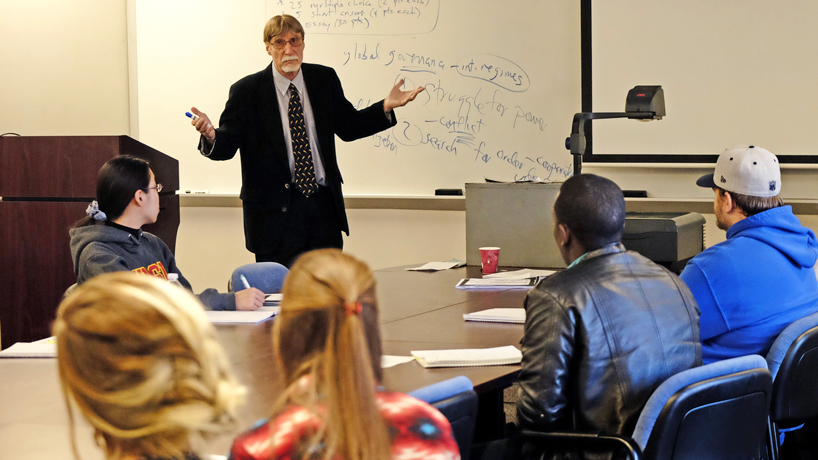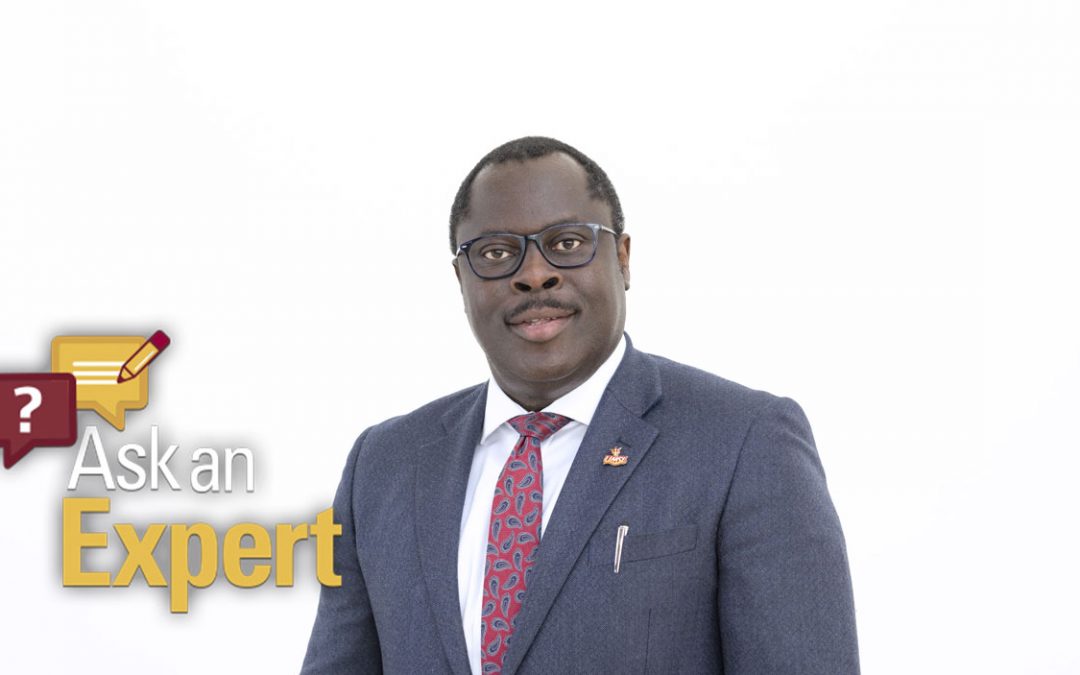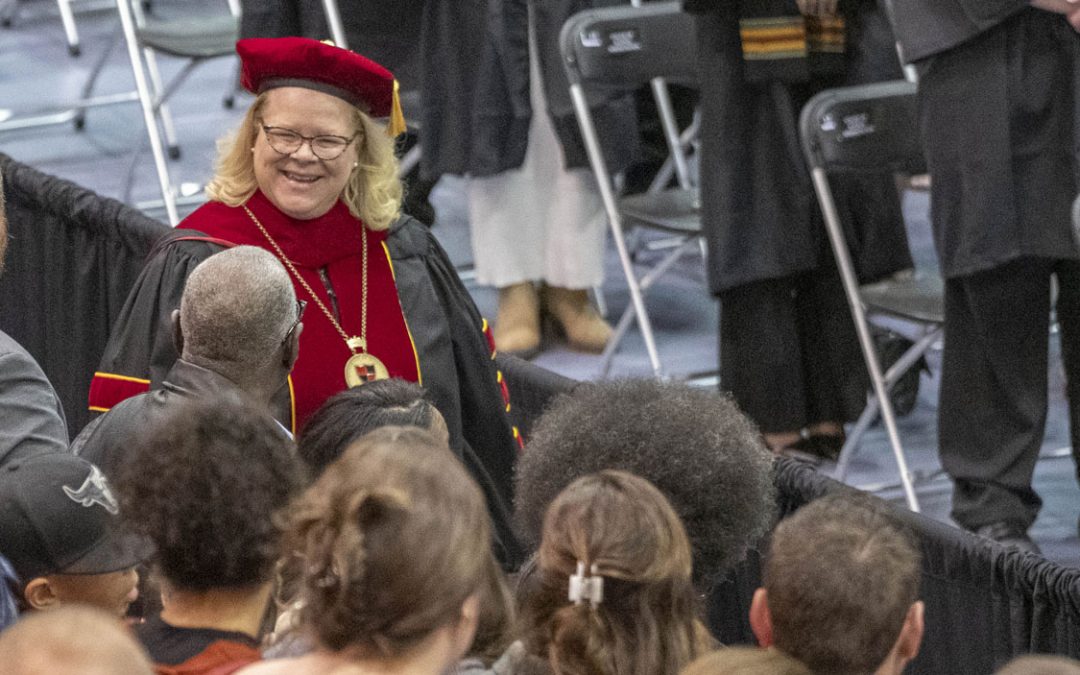
Curators’ Teaching Professor J. Martin Rochester is just one of many faculty members in the Department of Political Science with international expertise. The department is putting that knowledge to use in a new bachelor of arts degree in international relations program. (Photo by August Jennewein)
Jimmy Norris believes his enthusiasm for international politics was born out of growing up and even serving in the Army during the Cold War.
“I always had a keen interest in what was going on, paying attention and wanting to find ways to maintain peace,” he said. “Recognizing where there are communication breakdowns and working on improving and fixing those rather than having someone react unnecessarily so that it escalates to conflict.”
The Berlin Wall fell long ago, and the Soviet Union collapsed. But Norris has continued to keep close tabs on foreign policy, particularly how the United States interacts with Russia and the countries that make up the European Union.
He’d like one day soon to find a job working somewhere on that continent for a nongovernmental organization or something that works in conjunction with government agencies.
Some other University of Missouri–St. Louis students from a generation younger than his are just as intrigued by the broader world.
Steven Young, a sophomore transfer student from Mineral Area College, developed a particular interest in the Balkans while working with a colleague from Bosnia at the St. Louis County Municipal Court, and he would like to land a job as a foreign service officer with the U.S. State Department.
Wade Schaffner, a junior, credits video games with exposing him to the world beyond the United States. He recalled exploring scenes from 1980s versions of Hong Kong and Yokosuka, Japan, playing Shenmue on Dreamcast and has since befriended people from Australia and the United Kingdom while playing other games online.
Schaffner has continued to look abroad as he’s gotten older and has thought about doing humanitarian work for an organization like Amnesty International.
All three of them believe a degree in international relations would be useful in the pursuit of their career goals, but UMSL did not offer one when they arrived on campus.
That is changing.
The Department of Political Science has developed the curriculum for a bachelor of arts degree in international relations that will be the first of its kind in the UM System. It has been approved by the College of Arts and Sciences and the wider university, and the department has already begun accepting students into the major while awaiting final approval from Curators of the University of Missouri System and the state Coordinating Board for Higher Education.
“We in political science have been teaching lots of courses on international and comparative politics for years, but we’ve never had a major,” said Curators’ Teaching Professor J. Martin Rochester, who has helped develop the program and teaches several of the courses that count toward the degree. “There’s an international business program, but there isn’t an international studies or international relations program. You could minor in it in political science, but you could never major in it.”
It was students, as much as anyone, who pushed for the change.
One of them was Robert O. Davis, a native of Liberia who enrolled at UMSL in 2014.
“I follow international affairs, international politics a lot,” Davis said, “and I felt taking additional courses to earn that degree was going to be something that could boost my career.”
He said he and classmate Nicolae Butler, who graduated earlier this year, both mentioned it to several faculty members at an awards ceremony a couple years ago.
They also spoke with Anita Manion after she joined the department and began working as its undergraduate adviser in 2015.
“While political science is a little more amorphous and not as recognized internationally as a degree program, international relations – there’s a real desire for that,” she said. “Some of our international students were the first ones to bring this up to me.”
She learned that other schools in the St. Louis region such as Lindenwood and Webster were already offering a similar degree.
Manion reached out to colleagues including Rochester, Ruth Iyob and Kenneth Thomas to see how feasible it would be to meet the apparent demand.
“When we looked at our curriculum, we realized we had the courses,” Manion said. “We only added one or two new courses. We had the courses in our curriculum to build the program, and we had the faculty. We just had to do it.”
The main addition to the course catalog was Political Science 2800: Contemporary International Relations, a class taught by Iyob that takes the place of Introduction to American Politics in the list of core courses borrowed from the political science degree program.
Students are also required to take Introduction to Comparative Politics, World Politics, Political Analysis and a senior seminar in political science.
They can meet their remaining degree requirements by taking a mixture of courses in international relations (12 credit hours) and comparative politics (nine credit hours) and can tailor those toward their interests.
There are international relations courses such as The Politics of the European Union and also Media, Film, Literature and International Politics; Studies in War and Peace; or International Political Economy. There are comparative politics courses that focus on East Asia, Africa or Mexico, Central America and the Caribbean.
“I think it’s fair to say we have faculty in the political science department at UMSL who have as much international expertise as any political science department in the region, including Washington University,” Rochester said. “We have faculty who are well-known scholars, have written books on international organizations, international law, U.S. foreign policy, international political economy, almost every subject imaginable in international relations.”
Students are also encouraged to take advantage of expertise in other departments by taking international-related electives outside of political science, whether it’s a foreign language, anthropology, international economics or international business.
“You really get to shape what you want to focus on,” said Young, who joined Norris and Schaffner among the first students to declare international relations as his major.
The degree program came into existence too late for Davis, who is on track to graduate Dec. 17 with degrees in political science and economics and a minor in international relations and has plans to attend graduate school in New York. But he’s still been happy to learn of its launch.
“I think it’s a good legacy for us,” said Davis, who is the president of the UMSL Midwest Model United Nations. “Once I’m an alumnus of this institution, I can say, ‘When I was over there during my junior and senior years, we advocated for a bachelor’s degree in international relations, and we were very successful.’”
Manion expects the new degree to help attract future students, especially international students.
“Before we even formally launched the program this fall, I started getting calls from students at the community colleges in the spring who had heard from one of their friends who goes to UMSL,” she said. “I’ve had meetings with a number of students who are interested in transitioning to this program when they transfer from their community college.”
The demand figures to grow over time with the way the world is evolving.
“The one certainty, the one given, I think, is that the world is only going to get smaller and smaller and that globalization and interdependence are only going to increase,” Rochester said. “So there’s every reason to think that careers increasingly are going to require international knowledge, international skills on the part of students.”















